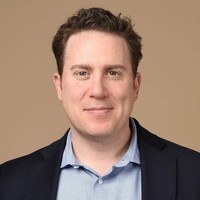Interview: Michael Stipe
When I hear music as a fan, I see fields. I see landscapes. I close my eyes and see an entire universe that that music and the voice, or the narrative, create. A music video-and any other kind of visual reference-is created by someone else. For me, as a music fan, visuals kind of steal away the purity of the song.


